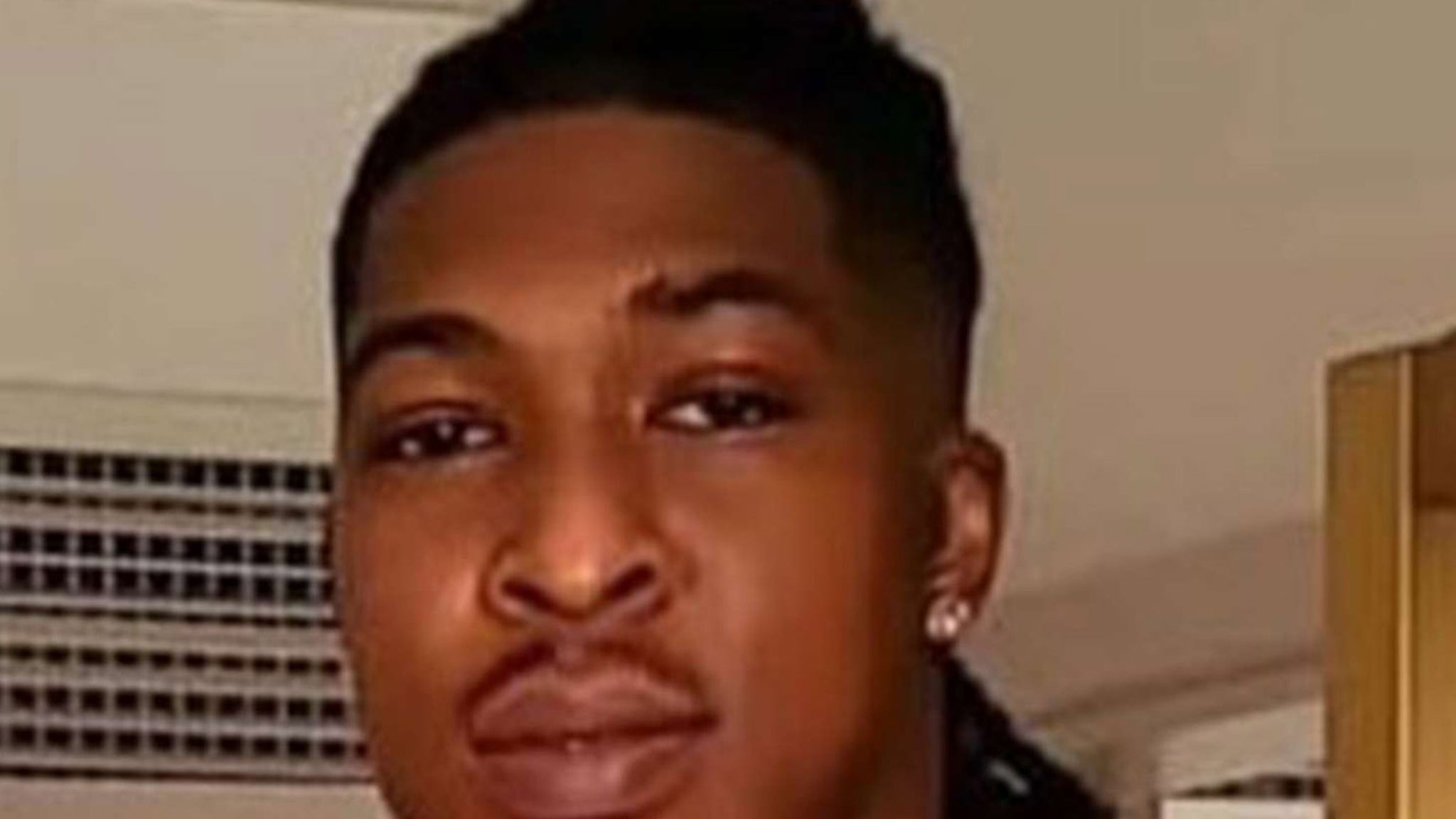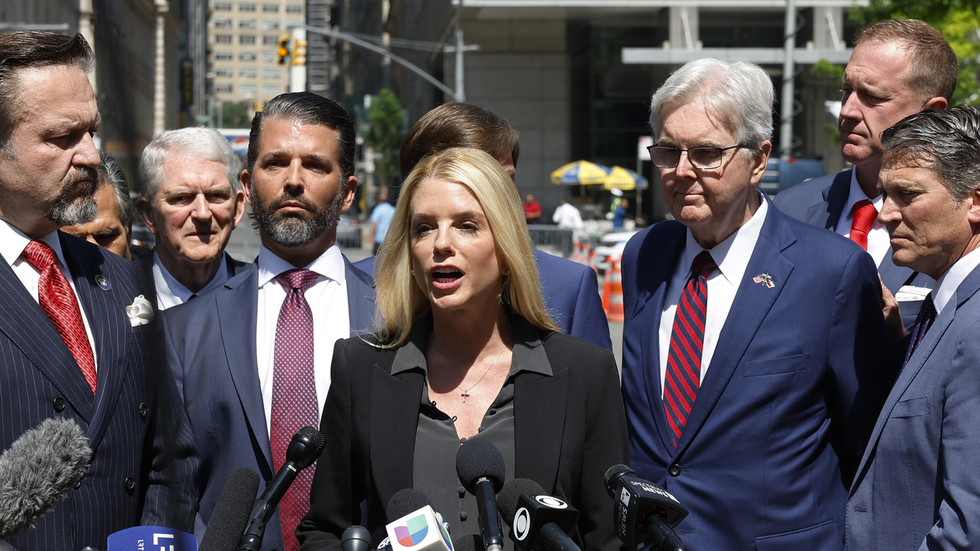Mohamed Subahi’s documentary “Madaniya” captures an uprising that would lead to the toppling of Omar Al-Bashir’s 30-year rule in Sudan. These months of protest are told through the perspectives of participants in a sit-in organized in front of the Central Command of the Army in Khartoum.
“I choose my characters as normal people,” Subahi tells Variety. “They are normal, like you can find everywhere in the street. They are not like political people. They are all from different neighborhoods and different backgrounds, but they all have the same demand and the same dream. They might disagree about how the revolution goes but they all want freedom.”
Esra is a young artist, involved in the painting of a mural. Mou’men is a leather worker who distributes fliers and works portraits of those who have fallen in the struggle into his leather work. Django is a bus driver and father with young children. From different walks of life, they have all become engaged in the political struggle for an unambiguously civilian form of government. “In Sudan, we have this diversity,” Subahi says. “I want to represent this and to document this, because in the international media, unfortunately, Sudan is unrepresented, or seen from only one point of view. This meant we decided to document this in an informative way.”
Alongside title cards explaining the intricacies of the shifting power between government officials and generals throughout 2018-2019, the ousting of Bashir in April and the June massacre that saw over a hundred protestors killed, there are the broadcasts of the government and army.
But even amidst this politics, there are moments of quietness. The protesters pause for Friday prayers at the sit-in.
Editor Micheal Youssef, whose credits include “Cactus Flower” (2017) and “The Forgotten Homeland” (2022), says: “It was important to include the scene. We want to say, even though the last government was an Islamic government, Muslims are not bad people; not terrorists. It’s a part of our identity. The people in Sudan are very kind and love art, music, and singing. They want to have social justice.” Subahi adds: “During Friday prayers, Christians would come and hold up things to protect the Muslims praying from the sun.”
Subahi was on the street with his co-cinematographer Algaddal Hassan. “Sometimes I use the camera, but on the street I can’t use the camera or they [the army] will see me and it’s dangerous. So we use mobile phones to film, or the characters film with their phones as well.”
The danger came to a head with the June Massacre which saw over a hundred protestors killed when the army fired into the crowds, a moment captured in terrifying proximity. Subahi himself had to leave Sudan as it became increasingly dangerous.
The current war between two rival generals makes the chances of a settlement slim, but Subahi sees himself continuing the film: “We are Sudanese. We have hope. When I meet Sudanese people and talk, we talk about what we are going to do when the war stops. Here in Cairo the Sudanese can’t wait to return to Sudan and rebuild.”
Youssef expresses his frustration that the world seems to only focus on certain conflicts and not on others. “I was working on a picture on this conflict in Armenia in 2020 and when we were about to begin, the war in Ukraine broke out. I called the director and said we’re finished. The festivals will now take films only from Ukraine.”
“I want to stop the war,” Subahi says. “All wars. I don’t want to use a gun. I want to use my movie to tell people to stop the war.”

 By Variety | Created at 2024-11-22 14:49:00 | Updated at 2024-11-28 23:52:35
6 days ago
By Variety | Created at 2024-11-22 14:49:00 | Updated at 2024-11-28 23:52:35
6 days ago








